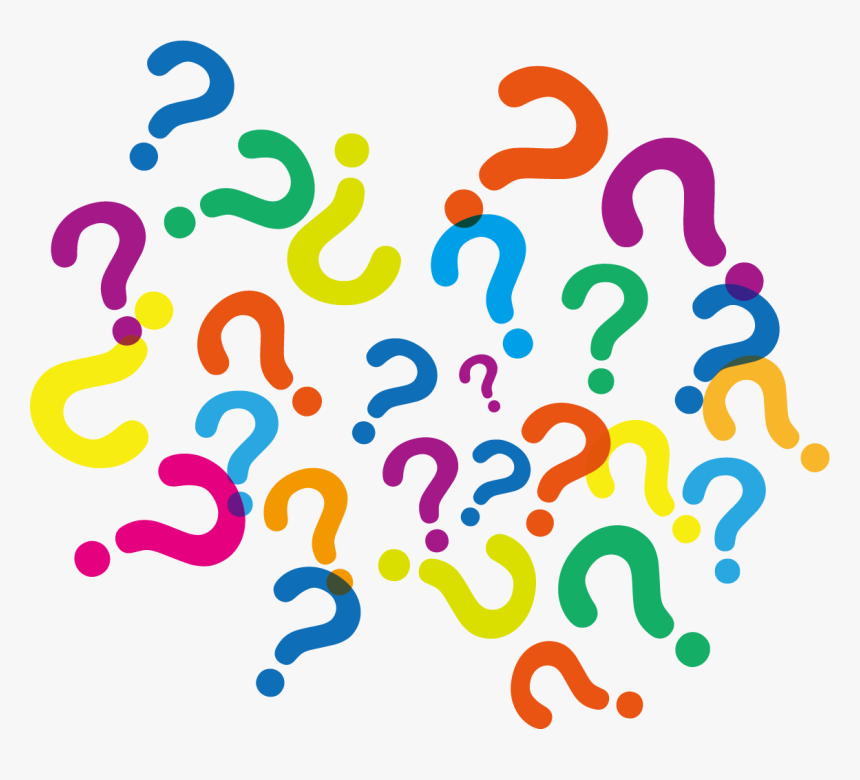As a mental exercise, start with the assumption that everything is untrue or wrong, then move things into the "true" (or "provisionally true") category as you test them.
See where things lead.
Is anything true, or is it all "mental constructs"? Does "mental construct" automatically mean it's wrong? Can you consider anything without it being at least partially a "mental construct"?
If there are things which are true, does it matter? Does it only matter if the answer hurts you (or others) immediately?
Is it more important to understand what isn't true than what is; to recognize "negative truths"-- which aren't exactly the same as lies? (Think "negative rights".)
Are some people qualified to run the lives of others? What about people they don't know personally? Who is, and under what conditions?
Is taking what others own something other than theft under certain circumstances? Is theft justifiable? When, and under what conditions?
If you hadn't been trained from an early age to see government as inevitable and necessary, and you were unfamiliar with the concept, could you be convinced to accept it now?
Is your life worth living, and is unnecessary death to be avoided?
Is liberty better than slavery? For whom and under what conditions? What does "better" mean? Is the answer the same for everyone?
Can someone who prefers slavery tolerate seeing others choose liberty?
Is it OK to take advantage of others as long as it benefits you in some way? Is your answer the same if the roles are reversed?
Is asking questions of yourself in this way even helpful? How?
Show your support.
